We’re glad you are asking the question. Abortion is a serious medical decision that can impact you physically and emotionally. It’s essential to know what happens before you decide.
There are two types of abortion. One type uses drugs, and the other uses surgery. How far along you are in your pregnancy determines the method you have.
Have You Verified Your Pregnancy First?
You may think all you need to verify your pregnancy is a missed period and a positive pregnancy test, but there is more to it. It’s always essential to take more than one pregnancy test because at-home tests vary in sensitivity.
How Far Along Are You?
At Women’s Pregnancy Center, we offer free, confidential pregnancy tests. If the test is positive, we provide a free ultrasound. Why do you need an ultrasound? Ultrasound reveals how far along you are in your pregnancy, which determines the type of abortion.
Where Is the Pregnancy Located?
Ultrasound also shows the location of the pregnancy. Although rare, some pregnancies do not develop in the uterus. These pregnancies are known as ectopic. An ectopic pregnancy is very dangerous, and abortion will not take care of it.
Is the Pregnancy Viable?
You need to check if your pregnancy is viable. A viable pregnancy is developing with a detectable heartbeat. Experts say over 25% of all pregnancies end in a miscarriage. It is possible to get a positive pregnancy test result days or even weeks after a miscarriage. Ultrasound can reveal if the pregnancy is growing or if you have had a miscarriage.
What Are the Types of Abortion?
Once you verify how far along you are with a viable pregnancy located in the uterus, you can determine the type of abortion you would qualify for.
The Abortion Pill Method
This method is also known as a medical abortion because it uses two drugs to end a pregnancy. All pregnancies need a hormone called progesterone to grow. Mifepristone, the first drug in the abortion pill method, blocks progesterone. The second drug, misoprostol, causes contractions to remove the pregnancy from the body.
The FDA only approves this method through 10 weeks gestation (70 days from the first day of your last menstrual period). Ask us what side effects to expect and the potential risks of using this method.
Surgical Abortion
Various surgical procedures depend on how far along you are. If you are in your first trimester, the abortion provider uses suction or vacuum aspiration. As your pregnancy progresses, the provider adds surgical tools such as a sharp spoon-shaped scraping tool and possibly forceps.
Surgical procedures are more invasive and often require dilating the cervix (the opening to the uterus) and anesthesia. Talk with us about specific surgical abortion procedures, side effects, and potential risks.
Did You Know You Have Other Options?
Abortion is just one option for your unexpected pregnancy. There are other options you might want to consider. Schedule an appointment to ask questions or get more information. We do not provide or refer for abortion, but we can answer your questions with factual information.
Call or text us at 352-629-2811. You’re asking the right questions, and we can help you make the best decision.

